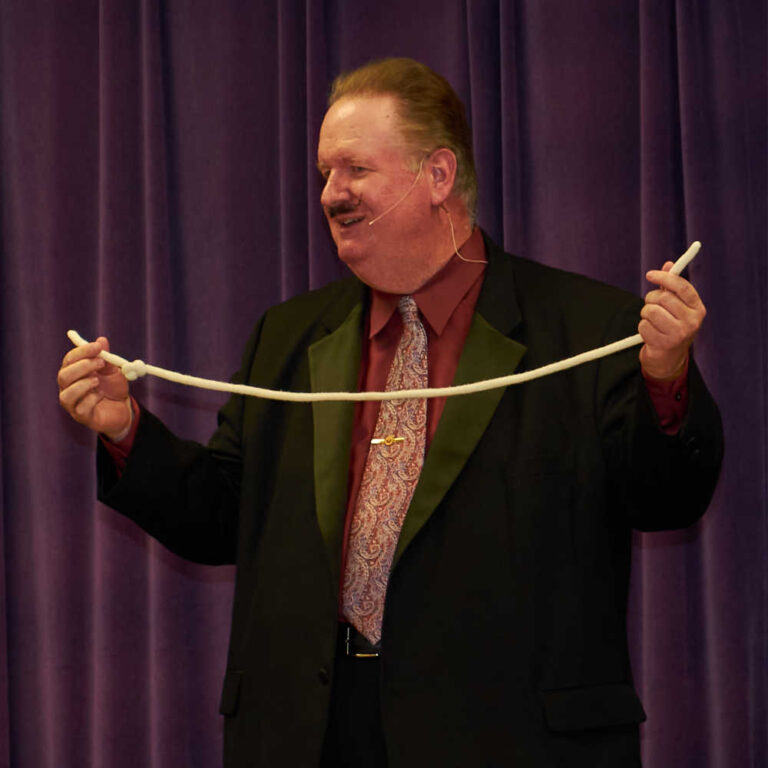Cultivating Leaders for Leadership

Cultivating Leaders for Leadership I’ve heard a lot of complaining about leadership qualities with regard to what is almost universally acknowledged as a disappointing selection of U.S. presidential candidates this cycle. Admittedly, I’ve contributed more than my share of complaints about leaders. Today, however, I saw a local leader in my community participate in […]
Atlanta Magician Joe M. Turner Installed as International President of International Brotherhood of Magicians (IBM)

Atlanta Magician Joe M. Turner Installed as International President of International Brotherhood of Magicians (IBM) Atlanta magician, mentalist, and speaker Joe M. Turner has been installed as the new International President of the International Brotherhood of Magicians (IBM). The IBM, with 10,000 members in 88 countries, is the largest association in the magic and illusion […]


